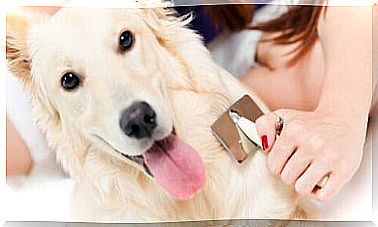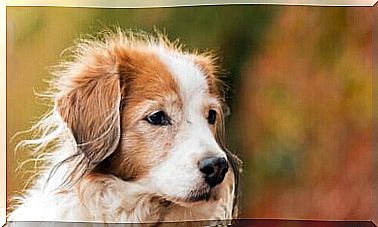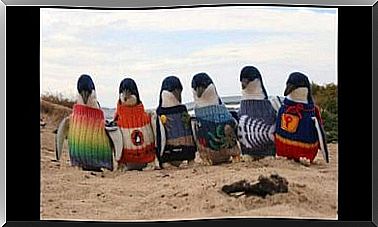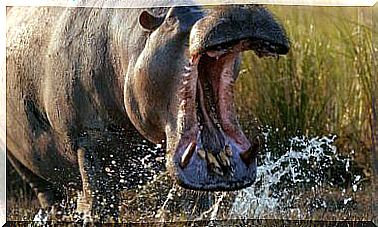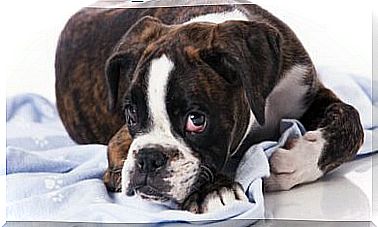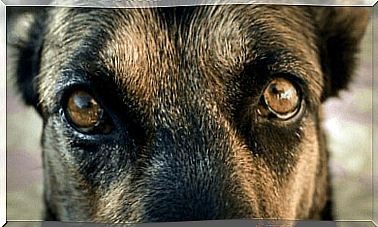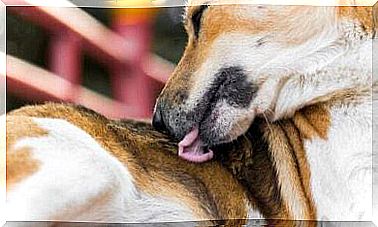Dog Vaccination Calendar
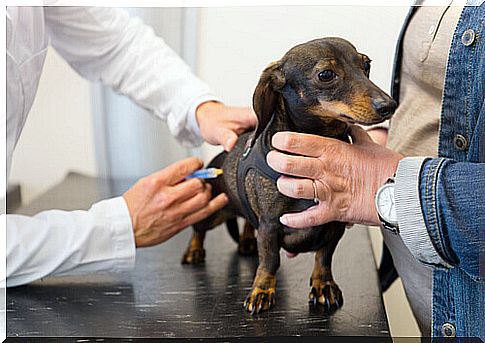
Vaccinations are probably one of the biggest responsibilities that those who decide to adopt a pet take on. However, it is not always clear how and when to vaccinate the animal, so in this article we want to offer you some indications regarding the vaccination schedule for dogs.
Vaccinating the dog: why?
Vaccinations are important because they are part of the animal’s immunization process. This way you will prevent your friend from becoming infected with a large number of diseases caused by viruses, which would jeopardize your dog’s health and quality of life.
However, always remember that the ways and times of administering vaccines must always be established by the veterinarian, as they vary according to the size and breed of the dog, its age and even the place where the animal lives.
Things to know before vaccinating your dog
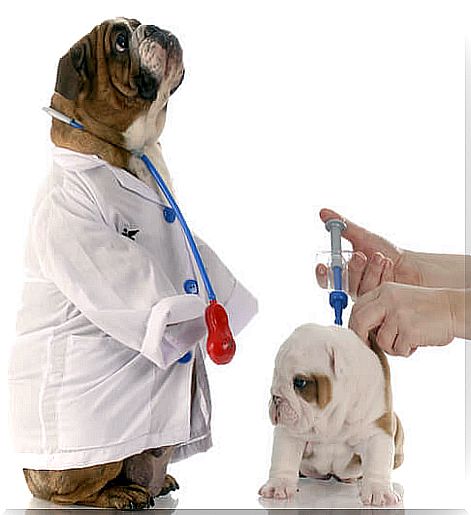
- Before starting the vaccination cycle, the dog must be deparasized : in this way, possible factors that could weaken the animal’s organism are eliminated and the vaccine assimilation is facilitated.
- The vaccination cycle should be started between the first month and a half and two months of the dog’s life, as indicated by the veterinarian.
- If you adopt an adult dog and you do not know its origin or it is a stray dog, you will need to hear the opinion of the veterinarian, who will be able to show you how to proceed. Also avoid, in the meantime, to keep him together with other animals, at least as long as the veterinarian advises you.
- Puppies that have not yet been vaccinated should not be let out, nor can you have them stay with other dogs : despite having been immunized from their mother’s milk, they are still vulnerable and could contract some disease that could cost them their life. Remember, therefore, that the socialization of a puppy can only begin when you have finished giving him all the necessary vaccinations.
- To establish the vaccination schedule, the medical record containing all the veterinary data of the mother is usually taken into consideration.
- The presence of certain viruses in dogs can affect the vaccination schedule.
Precisely because of the factors listed above, a dog’s vaccination schedule can change depending on the case, despite everything it is possible to identify a series of generally valid guidelines:
- After the first 6 weeks of a puppy’s life, it usually starts with Trivalent, which protects against hepatitis, distemper and leptospirosis.
- When the puppy is 8 weeks old, a vaccine is given against parvo, one of the most frequent causes of death in unvaccinated puppies.
- At 10 weeks (ie 4 weeks after the first administration) the Trivalent is recalled.
- At 12 weeks (also in this case 4 weeks after the first administration) the booster of the parvovirus vaccine is made.
- At 16 weeks, the anti-rabies is done and the initial vaccination cycle ends.
- Also remember that you will need to continue taking your dog to the vet for annual re-calls and at least once every six months for a general check-up.
Further recommendations
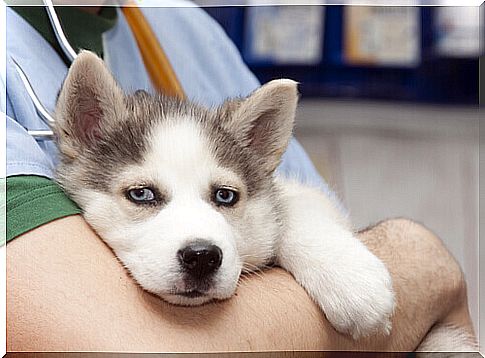
Remember that despite vaccinations the dog is not 100% exempt from being able to contract certain diseases: avoid risky situations, such as sniffing or playing with excrement or the blood of other animals.
Also avoid making him stay together with other dogs that you know are sick: it is certainly not a question of isolating him but only of politely inquiring, asking the owners of the dogs that normally play with yours, if and what diseases they have had and if they have been vaccinated.
Never forget that the best cure is prevention.
